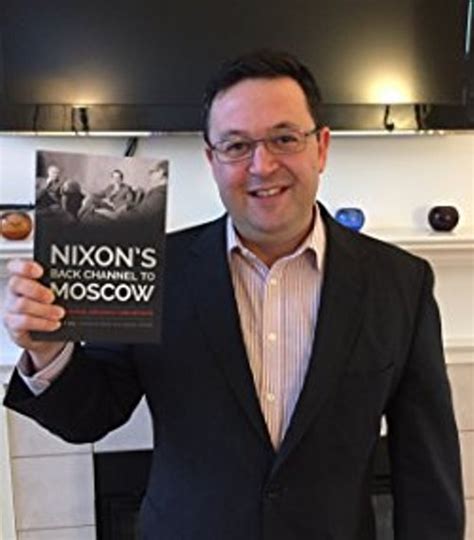A Quote by Paul Auster
Writing is a solitary business. It takes over your life. In some sense, a writer has no life of his own. Even when he’s there, he’s not really there.
Related Quotes
Constant work, constant writing and constant revision. The real writer learns nothing from life. He is more like an oyster or a sponge. What he takes in he takes in normally the way any person takes in experience. But it is what is done with it in his mind, if he is a real writer, that makes his art.
There must be a solemn and terrible aloneness that comes over the child as he takes those first independent steps. All this is lost to memory and we can only reconstruct it through analogies in later life....To the child who takes his first steps and finds himself walking alone, this moment must bring the first sharp sense of the uniqueness and separateness of his body and his person, the discovery of the solitary self.
My best experience as a writer was working with Michael Ondaatje. He let me dismantle his novel, reimagine it, and still had dinner with me and gave me good notes. But the best thing about writing has been the writer's life, the sense of being expressed, the ownership of the day, the entirely specious sense of freedom we have, however slave we are to some boss or other. I wouldn't trade it for any other life.
If your primary focus is to get over your health problems or get past a relationship crisis so that you can return to your former life and old patterns- that is, get back to business as usual-you are not really living. The distinction is paradoxical and sometimes subtle. It's the difference between walking through your life on your way to somewhere, and walking as your life. Even if you believe that where you want to get is extremely important, that destination is secondary. Your immediate experience is what really matters. It is your life.
An Athenian citizen does not neglect his state because he takes care of his own household; even those of us who are engaged in business have a very fair idea of politics. We do not regard a man who takes no interest in public affairs as harmless. We do not say that such a man 'minds his own business'. Rather we say he has no business here at all.
Whether it's writing a monologue or writing standup or writing a screenplay or writing a play, I think staying involved in the creation of your own work empowers you in a way, even if you don't ever do it. It gives you a sense of ownership and a sense of purpose, which I think as an actor is really important.
Over the years, I've found that I either live life or write about it. I can't seem to do both simultaneously - I have to do it sequentially. When I write incessantly, I lose touch with the issues and passions that fuel the work. But when I get too involved in organizations or movement endeavors, I almost forget that I'm a writer. It's a constant struggle to find a balance between these two worlds - the solitary writing life and the life of a social justice activist.
I do not believe that it is necessarily the duty of the writer to give a voice to his community. If a writer is true to his vocation, to his or her vocation, the very process of creativity enlarges these human horizons. It provides insights, even when you're not writing, when your writing's not dealing with a concrete political situation.

































